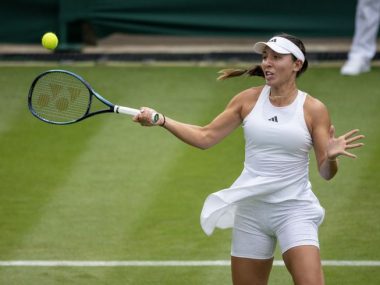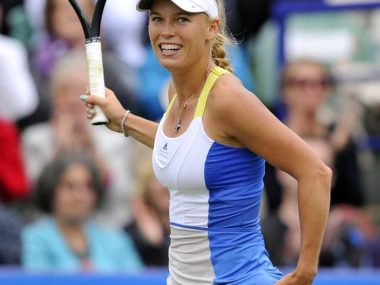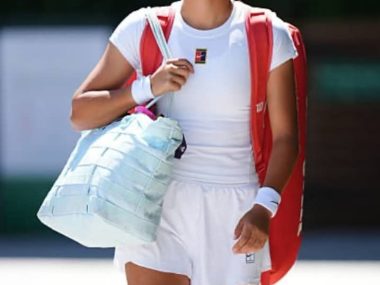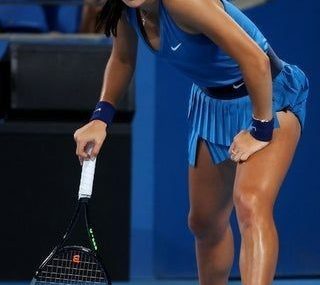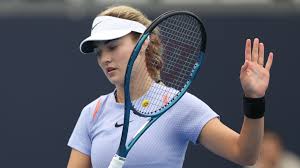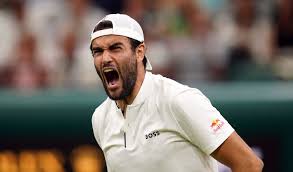World No. 1 Iga Swiatek isn’t easily surprised on the tennis court, but off it? That’s a different story. The Polish star recently admitted she was “shocked” to learn that legends Serena Williams and Maria Sharapova managed to work through what many fans long saw as one of the tensest rivalries in women’s tennis history.
For years, the Williams-Sharapova dynamic defined an era—glamour versus grit, dominance versus defiance. The on-court record was lopsided (Serena won 20 of their 22 encounters), but the off-court headlines were explosive. From icy press conferences to pointed comments in memoirs, their relationship was the stuff of sports tabloids. Which is why Swiatek’s reaction makes perfect sense: for her generation of players, Serena vs. Maria wasn’t just a rivalry—it was a cold war.
“Honestly, I thought it was impossible for them to ever find common ground,” Swiatek confessed in a recent interview. “We all grew up seeing how tense it was between them. So hearing that they managed to move past that—it really shocked me. It shows how much maturity and respect there is between champions, even if it didn’t look like it back then.”
The surprise stems partly from the fact that Sharapova and Williams weren’t just competitors; they represented clashing worlds. Sharapova was marketed as the sport’s golden girl after her 2004 Wimbledon win over Serena at just 17. Serena, meanwhile, was already a legend in the making, dominating the game with power and swagger. Their rivalry spilled far beyond the court—endorsements, magazine covers, and even comments about each other’s personal lives kept fueling the fire.
And yet, in recent years, glimpses of reconciliation have emerged. Sharapova revealed in interviews after her retirement that Serena reached out to her in moments of vulnerability, and that their relationship had shifted toward mutual respect. Photos of the two chatting warmly at events stunned longtime fans who had grown used to their frosty history.
For Swiatek, whose own career has been marked by sportsmanship and admiration for her rivals, the revelation is a reminder that even the fiercest battles can evolve into respect. “It gives me hope,” she said. “We fight so hard on court, but at the end of the day, tennis is a family. We’re all connected by what we go through.”
In the end, Williams and Sharapova’s story isn’t just about rivalry—it’s about growth. If two of the most competitive, headline-grabbing stars of their generation can put the past behind them, perhaps the next generation, led by Swiatek, can rewrite what it means to be rivals: fierce on court, but united off it.

